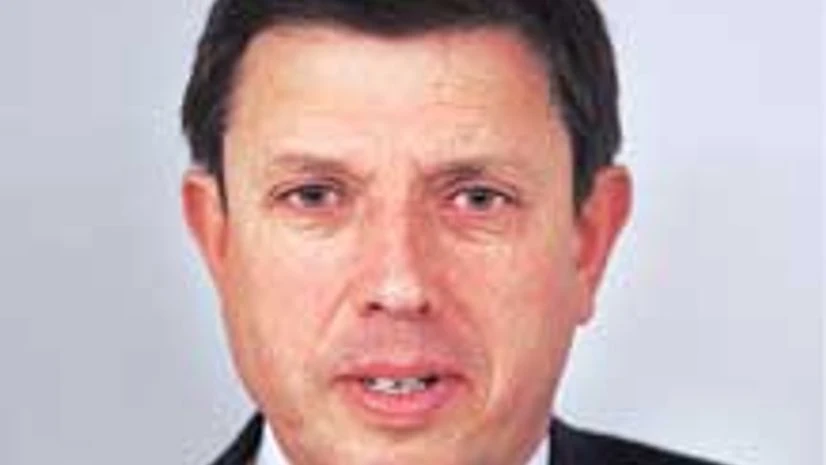How important is the deal with Gilead? How does it fit into the scheme of things for Cipla?
There are 180 million people with Hepatitis-C. The agreement we have signed with Gilead covers 100 million of these. Meaning, all these people will be able to access this product, far better than the existing ones.
At present, the only treatment people receive, pegylated interferon which has to be taken as one shot every week, has pretty bad side-effects. Many people stop treatment because of this. The pill from Gilead is once a day, with much shorter treatment and very few side-effects.
Where would Cipla sell the products?
The agreement is going to cover 91 countries. We are present in a lot of these. Some are small, like independent small islands. I do not think the population suffering from hepatitis in such countries is dramatic. But some like India are very important for us. Cipla’s network will allow people to access this treatment.
Is Cipla planning to sell the products in all markets? Are you looking to enter new markets with this drug?
Too early to say. Cipla sells in 150 countries and many of them are in this list of 91. We are initially targeting 20-25 markets. This will include those where we are very active with treatment of HIV, those where we have very strong presence like India and South Africa, and those with the largest burden of Hepatitis-C . We will then expand progressively.
Cipla is seen so far as a revolutionary company, one that has chosen to challenge key patents and provide drugs at much lower prices in developing countries. Is this deal with Gilead a turning point for Cipla?
There has been a big difference between what we have done with other drugs and this one. We now have a patent system for pharmaceuticals and can no longer make generics just like that, as we used to when there were no product patents.
To some extent, there is a change in the approach. We think partnering with an innovator company, which is able to bring new products, is a way which Cipla can develop. We are not always in a loggerhead relationship with companies that try and bring innovation for the benefit of people. We are trying to share this innovation in a way that allows access to the core.
But, so far, Gilead does not have any patent on the two drugs in India and many other countries. Instead, there are pre-grant oppositions which might have earned companies like Cipla a better deal.
It is true that there are no patents granted to Gilead for these drugs so far in India and there is a pre-grant opposition. But we don’t know how long that is going to take until there is a decision.
It has been a choice. If ever the patent becomes invalid in India, the agreement provides for changes and it will be much easier for us to commercialise it. So, we have been careful not to be chained in the agreement as to be detrimental for access.
There was a choice for challenging the patent in India. Some people have taken this (way) and we are looking at them and also interacting with them regularly. It was a difficult choice but it is one which makes sense.
Cipla considers, in general and also as a deep philosophy, that a monopoly drawn by a patent is bad for public health. So, we are trying to accommodate the system as best as possible.
Are we going to see more such partnerships, instead of patent challenges by Cipla?
We are going to continue to challenge patents we think are frivolous or leading to ever-greening. But we respect innovation and think it has to be rewarded. And, we do not think innovation is (to be) rewarded by monopoly.

)
